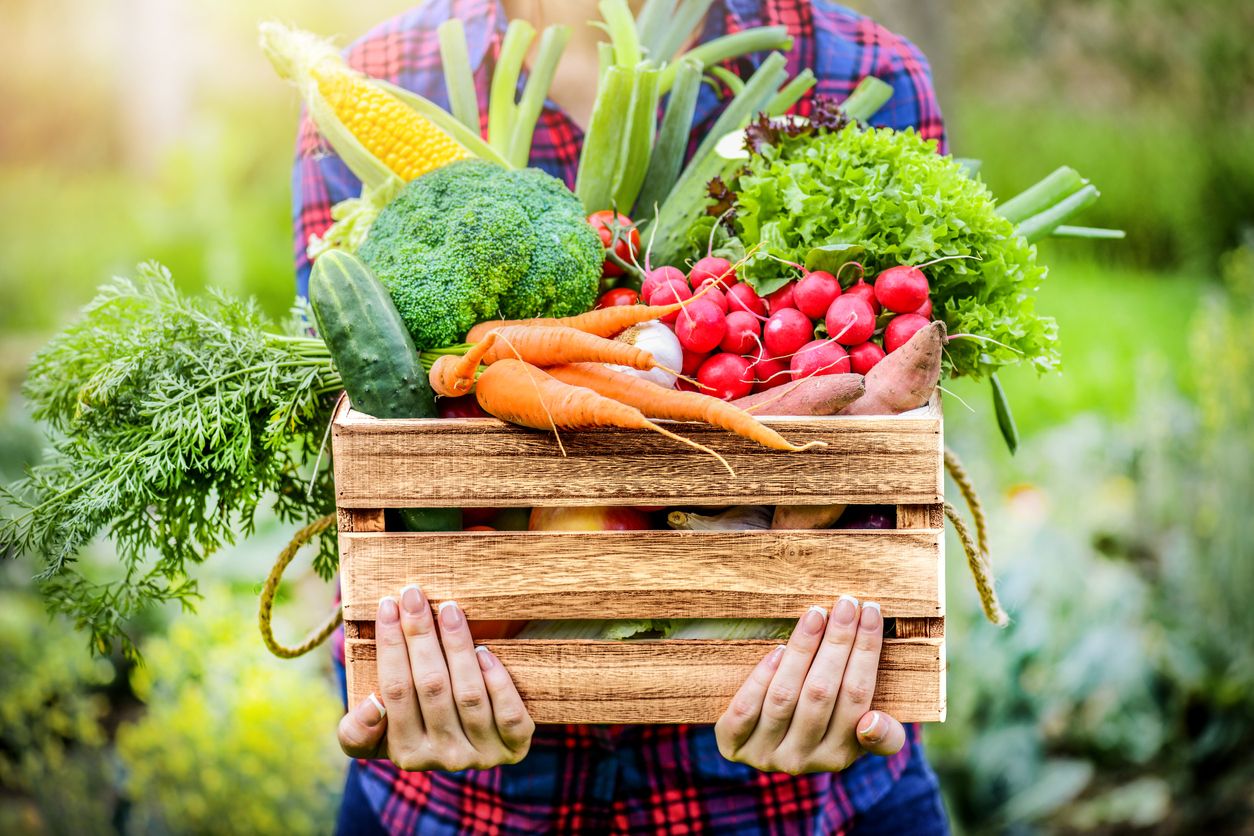Editor’s note: This article was updated on May 21, 2021, to provide comment from ProducePay founder Pablo Borquez Schwarzbeck.
Online ag marketplace ProducePay has raised $43 million in a Series C round co-led by Silicon Valley-based firm G2VP, the World Bank‘s International Finance Corporation (IFC), and the Inter-American Development Bank‘s IDB Invest.
Existing investors Anterra Capital and CoVenture also participated in the round alongside new backers Astanor Ventures, IGNIA, and Finistere Ventures.
ProducePay is focused on serving crop growers, offering them a suite of services including financing, as well as market data and analytics around things like pricing. Real-time price data is aggregated from individual farmers and produce buyers on the platform, plus a range of public, private, and proprietary sources.
The Los Angeles-based startup claims to have financed $3 billion of farm produce to date across 12 countries in North and South America.
“ProducePay funds close to 2% of the market, that’s about $1 billion of produce per year. Right now consumption in America is about $60 billion,” founder and CEO Pablo Borquez Schwarzbeck told AFN.
“We’re at a point now where we are becoming a very key player in the produce industry.”
The startup also operates an online marketplace that connects growers with suppliers and distributors. Named the ProducePay Preferred Network, it helps more than 700 vetted growers and distributors to do business with each other in a simpler, de-risked online environment.
It says it provides financing to growers “at every stage of the harvest cycle, with flexible payment terms, access to funding in two weeks or less, and no obligation to pay until produce ships.”
According to the startup, the Network “fosters profitable long-term partnerships between preferred partners: growers receive better pricing, and distributors have access to consistent produce supply.”
Encouraging tech adoption in a traditional industry
“The global fresh produce market is opaque, fragmented, and dominated by manual processes, and these obstacles make it difficult for growers and distributors to thrive,” Schwarzbeck said in a statement.
“We remove these pain points to provide transparency, predictability, and fairness for both growers and distributors throughout the entire produce value chain, from seed to sale.”
ProducePay — which claims that its revenue doubled in 2020 amid the Covid-19 pandemic — said it will use the Series C capital to expand its presence in Latin American markets, while also building out its tech and sales capabilities.
“Our growth right now is very aggressive. We grew 76% last year despite Covid-19,” Schwarzbeck said.
Aggressive growth often comes with serious challenges, however. The first headwind that ProducePay faces on its mission for market domination is the produce industry’s tendency to be a late adopter of modern technology. Geographic segregation, the average age of produce farmers, and longstanding cultural norms are a few reasons why some growers have lagged behind on tech uptake, according to Schwarzbeck.
“Unlike other industries that have tried to force technology into the space and failed, we are stewarding the industry towards technological adoption by leveraging the fact that today more than ever the new generation is much more receptive to technology. And agtech is hotter than it’s ever been,” he said.
Attracting investor attention
The platform’s potential impact for farmworkers and rural communities in central and South America appears to have been a key factor in encouraging both IDB Invest and IFC to come on board for this round.
“We’re proud to join ProducePay in supporting growers and distributors that promote fair labor practices, environmental care, and meaningful community engagement,” IFC Mexico country manager Juan Gonzalo Flores said in a statement.
“Through a commitment to sustainable development at every step of the fresh produce value chain, ProducePay fosters economic development across the Americas and eliminates disruptive barriers to international trade.”
ProducePay’s last reported fundraise was in December 2019, when it secured $205 million in debt financing from CoVenture and TCM Capital. This followed a $14 million Anterra Capital-led Series B equity round in October 2018.
A number of produce supply chain technologies are hitting the market. Many of them claim to remove middlemen, make transactions more efficient, or prevent spoilage, or a combination of these. In the US, produce logistics marketplace Hwy Haul closed a $10 million Series A round earlier this month, while produce traceability startup Fusionware was acquired by AgTech.io back in March. [Disclosure: Hwy Haul has received investment from AgFunder, which is AFN‘s parent company.]
Time will tell whether there is enough room for multiple players – or if the growing list of platforms aiming for sellers’ and buyers’ business will end up competing with one another.
For Schwarzbeck, there is some duplication happening in the industry.
“Like all marketplaces, he who gets critical mass first has to dominate, right? In the end, only one can remain – especially for an industry like this that has not done it before.”
“Our approach is unique. We haven’t tried to take something that worked in another industry [and] make it work in this one,” he claimed.
“On the contrary, we said: ‘If we want to build the marketplace, we have to first build the infrastructure that supports the marketplace, and ProducePay has to be the provider of that infrastructure.’ We have a working synergistic capability that makes me believe that we’re the ones primed for success and to really dominate the space we’re in.”





